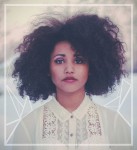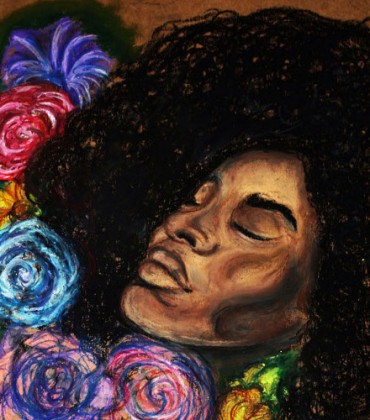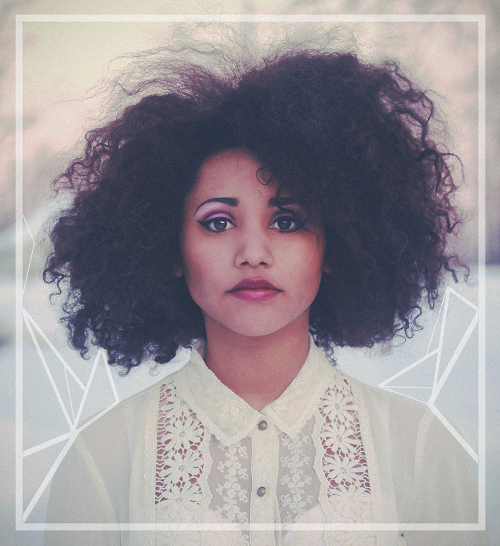
My name is Randi Butler. I’m a fine art and portrait photographer from Poughkeepsie, New York. I went to college for Photography at FIT in Manhattan but left for personal reasons. Painting, writing, and music were all passions of mine. My portfolio and grades gave me early acceptance within their top 10% of applicants. Leaving was one of the hardest decisions of my life. I was primed for academia and had always been intellectually gifted. However, the subsequent trials I faced and continue to face in both my hometown and New York City have really demonstrated to me what it means to be a young African-American, female artist in a white male dominated field.
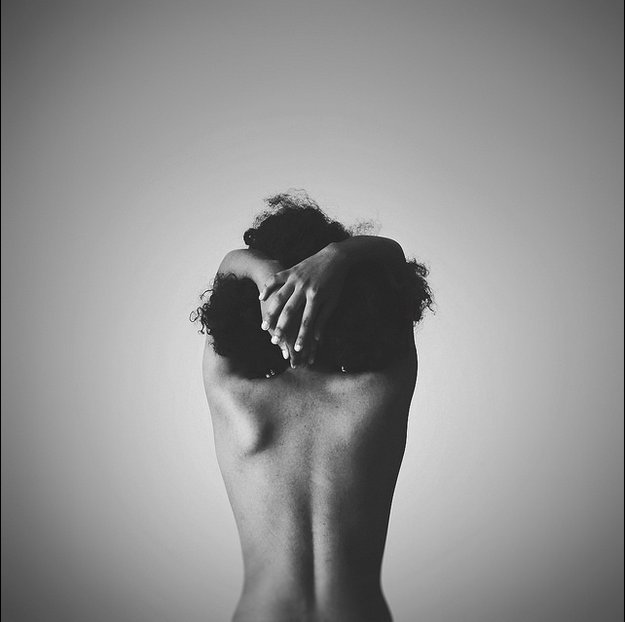
I started shooting at 14 as a hobby, and began to be asked locally to do things for commission which launched my freelance career. By my senior year of high school, I won a national silver medal for my digital photographic work in the Scholastic Art & Writing Competition. Arts-Mid Hudson awarded me as well. With the support of my hometown, family, and friends I began to do galleries in our local art scene. A close family friend, Neil Johnson, put a fundraiser gallery on for me to go to school and together my community pulled enough for me to conquer some of my tuition. We wanted to demonstrate how important it was for students to express themselves through the arts, and even screened a documentary I made in class about its relevance in schools.
But not everybody was supportive. My senior year I wanted to concentrate on my heritage through my art which was typically escapist. I remember having a teacher tell me not to, because concentrating on Black History had been “done before”.
Comments like these tainted my visions in college as I moved to NYC, where everyone was competing to be the most unique and original in general. My artistic purpose lost me in higher education, where the objective was no longer expressing but who could meet your professors’ aesthetic tastes. I had been told I didn’t deserve to be there, that my work wasn’t “real” art. I photographed for New York Fashion Week at both Lincoln Center and in private shows around the city. I was the only black, female photographer, and one of the very very few in my college. I felt mostly like an outsider at a place I was hoping to be accepted, so I began to turn to the underground scene in Brooklyn and Tribeca to remind me of why I do what I do. I tried internships, did other galleries, and hunted for any opportunities in and out of school to give me hope.
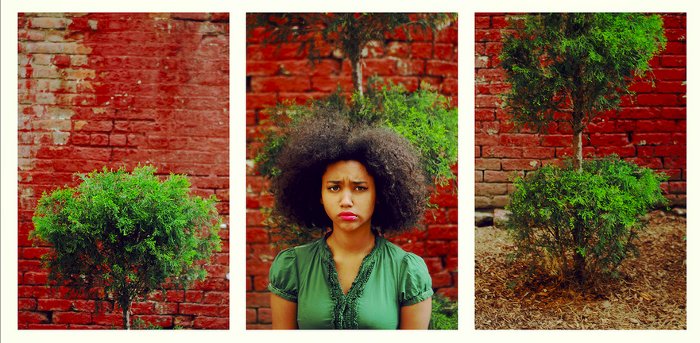
Eventually I left. Depression started to take hold of me, and I could barely create. I nearly gave it up. What use is an artist that isn’t making? I didn’t know who I was anymore. I was disconnected from what I wanted to say, do, and be and people who genuinely cared about me. I came back home and reflected, and remembered visiting the galleries in Harlem with Neil, who I sincerely have adopted as my Uncle.
What had been lacking was community. The support of people, my people. Community was what believed in me when nobody else did, what took me in as made me feel like I belonged. There is such a lack of that in society, but it spoke to me in Harlem’s history.
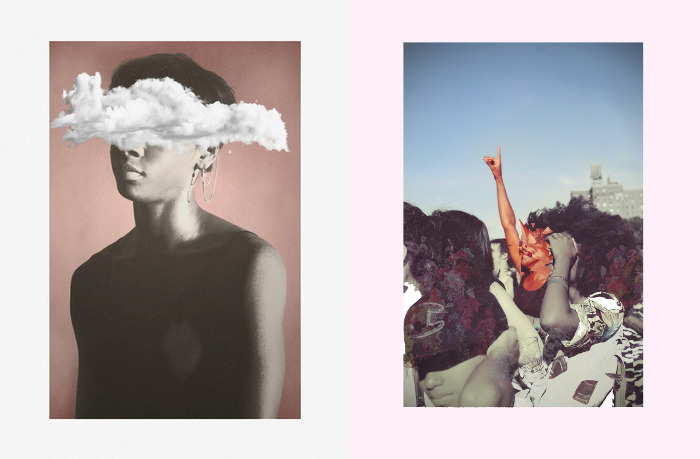
Being a black artist is not a sub-genre of art. It is part of an identity, not an absolute label. Being a woman of color is a part of my day to day experience and to tell me these things don’t matter, as I was so often told in school, is denying my existence. Especially in a society that doesn’t favor you. I’d watch my lighter-complexioned friends cringe at the mention of black issues by me. My “Trayvon Martin Was All Of Us” poster drew stares in my dorm room from new guests. We integrate our experiences because that is what art is about: telling a story, be it yours, somebody else’s, or one that doesn’t even exist.
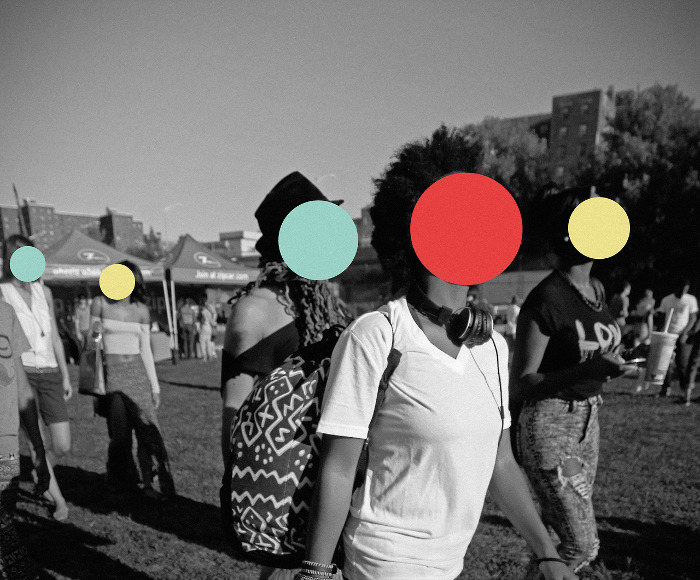
Regardless of whether it’s been “done” before, there is a strong lack of “blackness” in the avenue of fine art. A well of ideas that is rarely explored unless it is to be marginalized by wealthy people in power. Rich kids may primarily be the ones who are able to afford the private art schools, and white may be the only color you see on the artists you study in class, but that is just a fraction of all the art and potential there’s been in the world. I say I am a black female artist not because my art focuses on black issues but because my blackness and womanhood is me in all mediums and I am proud. I want other young artists of color to know it’s okay to be proud, and it’s okay to pursue your dreams even if you fall on your face.
Support your community, support your fellow artists regardless of color. We’re trying to do something in this world.
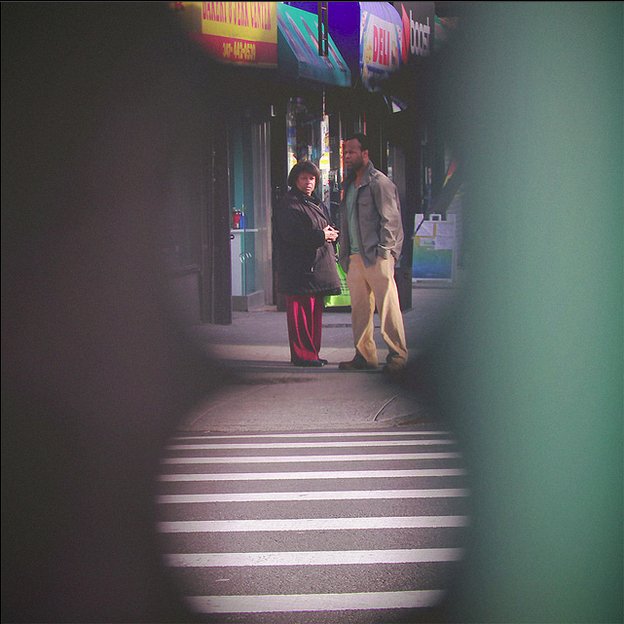
This piece was originally published at Afropunk. It is republished with permission from the author. For more work from Randi Butler visit her online portfolio or follow her on Facebook.

